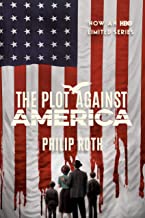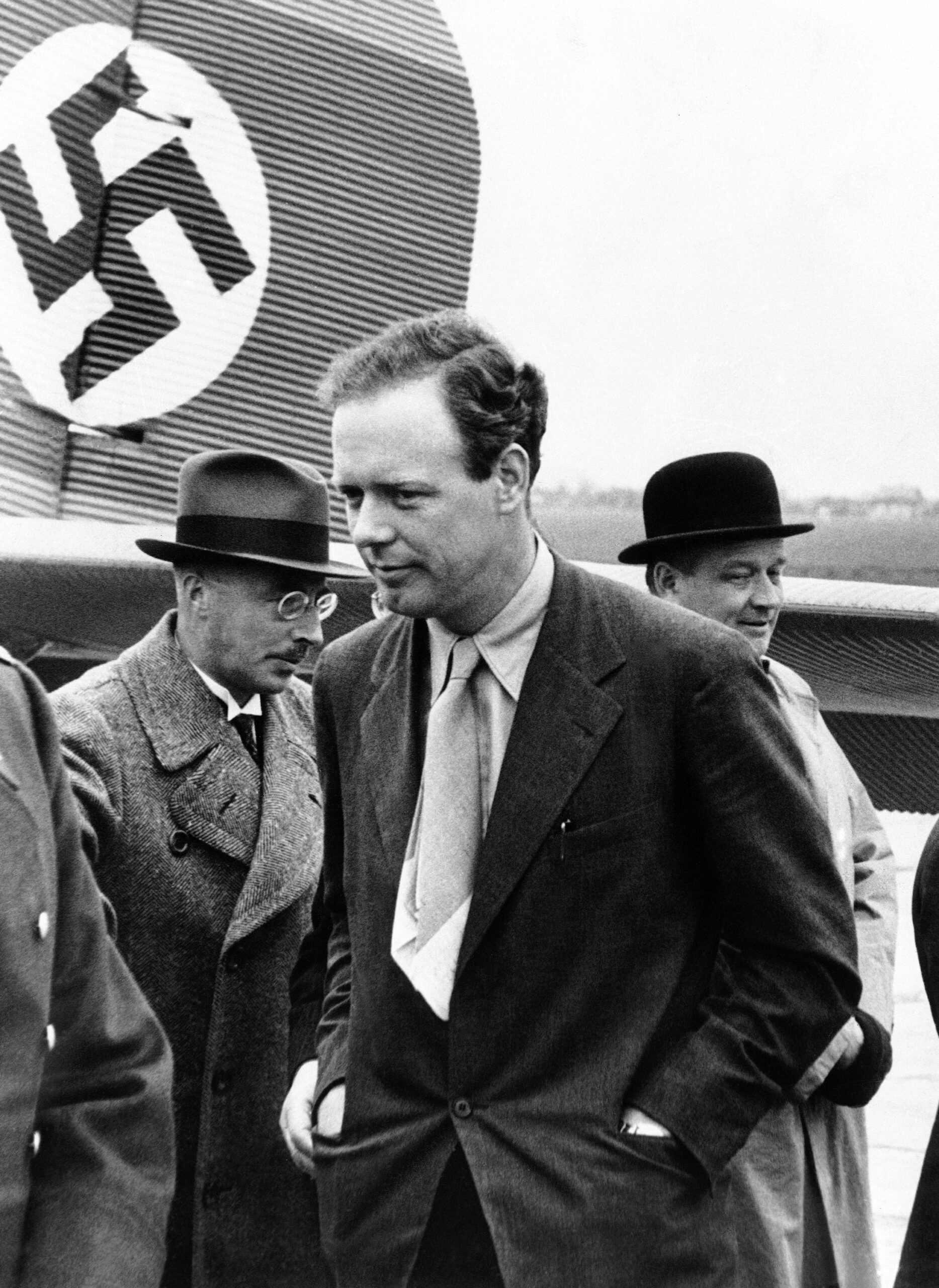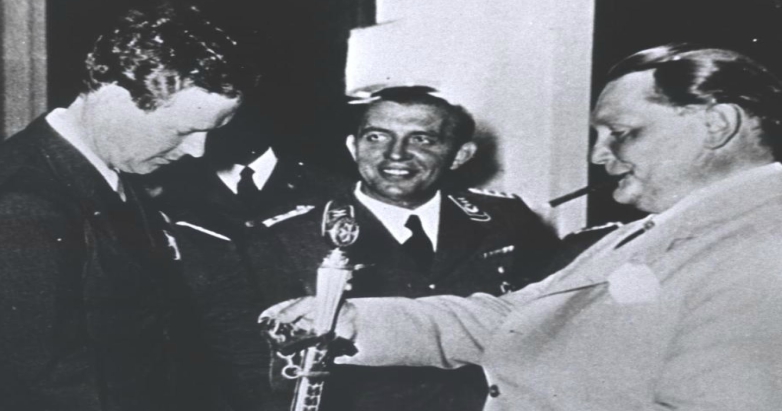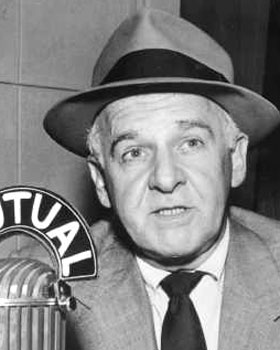 If I had read “The Plot Against America” when it was published in 2004, I would have thought its premise and story were implausible. Author Philip Roth presents a scenario in which, at the last-minute, the surprise Republican candidacy of Charles Lindbergh in the 1940 presidential race is successful, defeating FDR on a campaign pledge of “Choose Lindbergh or Choose War.”
If I had read “The Plot Against America” when it was published in 2004, I would have thought its premise and story were implausible. Author Philip Roth presents a scenario in which, at the last-minute, the surprise Republican candidacy of Charles Lindbergh in the 1940 presidential race is successful, defeating FDR on a campaign pledge of “Choose Lindbergh or Choose War.”
Lindbergh was in fact an isolationist, a white supremacist, an anti-Semite, and a Nazi sympathizer. He made an extended visit to consult with Nazi leaders on their aircraft technology and was awarded an honorary military medal by Nazi Air Force Chief Goering for endorsing it.

While Roth’s plot has a foundation in history, the view from 2004 makes his description of a cooperative agreement with Hitler to run for and win the US presidency, and then implement anti-Semitic policies seem bizarre. Whether real or not, the Trump-Putin experience of 2016 gives the book more credibility.

Roth’s style starts out with exceedingly long multi-topic sentences that make for slow reading as he sets the scene in the Jewish Weequahic neighborhood of Newark, NJ. The entire book is a series of a disconnected vignettes centered on the Levin family that are each a sidebar to one or more previous stories, and ultimately circle back to the original story.
While it is a bit like a Jean Shepherd monologue in print, the stories do set down an arc for the novel, or at least the upward side of the arc. Lindbergh wins the White House, enmeshes some Jewish family members in his Nazi-ish programs, and then Jewish left-wing columnist Walter Winchell is assassinated as he runs as an opposition candidate bent on defeating Lindbergh.

But then the book crashes along with Lindbergh’s presidency as he disappears. Then his fascistic vice president takes over and imposes martial law, and chaos takes over in the family, the neighborhood, and the country. That seems to have left author Roth with a problem: he could not figure out a plausible ending, so after many loosely connected and completely disconnected scenes the book just ends! I am surprised the editors at Houghton-Mifflin left the book in such poor shape.
Nancy and I just finished the HBO series based on the book and I have to say the videography and acting are superb, and make you feel as if you are in 1940. The acting, especially by Morgan Spector as Herman Levin, brings out the anger of the Jewish community in Newark and the overall drama of the plot much better than the book possibly can. It generally follows the story in the book and, as all cinematic presentations do, skips over details, some major and some minor, but not to the detriment of the thesis of the book or the dramatic quality of the video.
The ending of the TV series is different from that in the book, and only slightly less confusing and disjointed. I guess the screenwriters felt at liberty to muck around with it as the ending of the book is so poorly done. Unfortunately, neither ending gives a satisfactory conclusion to a good story.
I’d recommend the video over the book if you want to check it out, and you should check it out.
Recent Comments